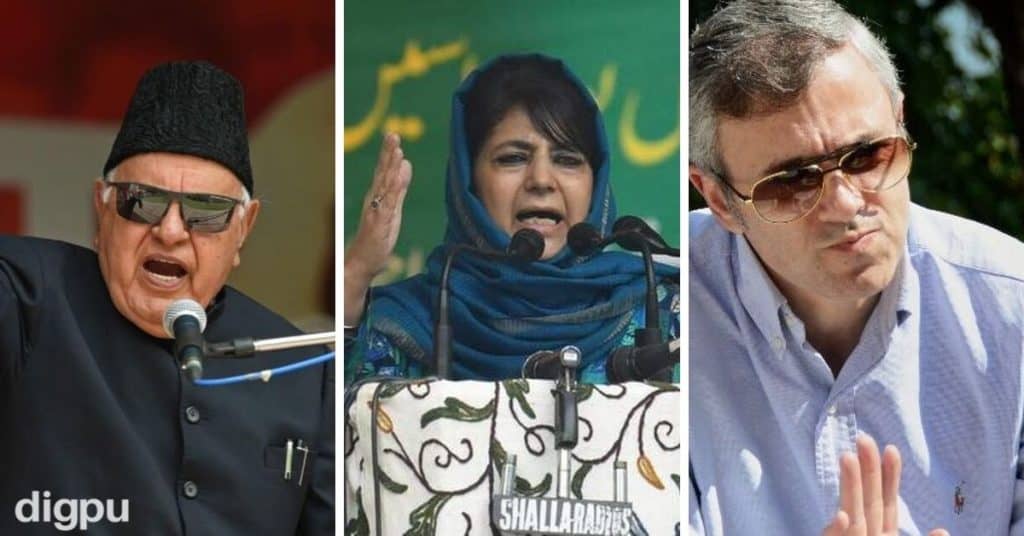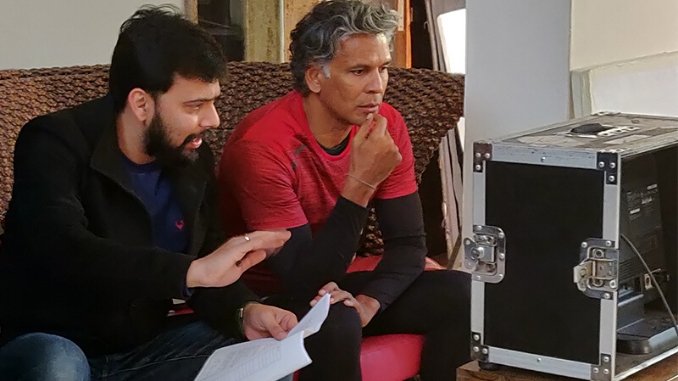Finally, Kashmir’s Leaders Put Kashmiris First

In a rare occasion of a country’s destiny where the ruling party actually ‘fulfils a substantial and historic ambition’ from its pre-election manifesto, the current Government at the Centre almost changed the flavour of politics with the removal of Article 370. Hailed as an ‘unprecedented’ move by both who are for and against this historic decision, this revolutionary step will surely impact the future of Kashmir for as we long as live.
With some terming this move as ‘dictatorial barbarism’ and others terming it as ‘a progressive, democratic step,’ let’s look at the damage done over the past 70 years before taking any sides. While decisions of such a nature only show their results after a minimum of a decade, an analysis of previous decisions and leadership styles can at least offer us a perspective for the time being. With only two major ruling groups over the past 70 years, we’ve seen Kashmir dwindle, if not disappear. The Centre has bowed down to the Kashmiri rulers’ demands for funds or security or special status all in lieu of the horrible atrocities faced by the people of the state. This does shed light on the fact that somewhere along with the system, there was a glitch which allowed terrorism to thrive and did not permit the state to breathe in peace, let alone focus on growth and development.

We’ve seen lavish lifestyles and many positives around personal clout of the Kashmiri rulers and their families but we’ve rarely heard of any major progress being achieved in the state, whether economical or aspirational. This clearly points to a lack of will, whether on part of the State or the Centre, or in an extreme case, both. While we can’t rule out the fact that these rulers spell out peaceful intentions at each rally and forum they cast their shadows on, we can surely call them out for the Pulwamas and Uris and the countless bombings that rob the livelihoods of our jawans and local Kashmiris.
While every leader’s track record is what brings him or her to power, there is a certain onus on him or her to take accountability for both success and failure. Simply blaming the ‘situation’ and riding on the fact that it is a ‘complex, multi-layered monster,’ is no excuse for a leader to allow acts of violence to occur and remain as the flavour of the land that is under his or her jurisdiction. Instead of taking advantage of a caveat that was formed 70 years ago and blaming the Centre for problems that occur in their own states, Kashmiri leaders should have been more forthcoming and committed to their people, if they truly wished to bless Kashmir with peace and security.For the past 70 years, the situation was more of a stalemate that desperately needed a new force that would bring in much-needed salvation. This new force has arrived and has set aside the long-running and often-erring dynasty of Kashmiri rulers who as usual, continue to take a jibe at the Centre. We hope that instead of tainting the very administration that wants to bring out a positive change, they speak to Kashmiris in a positive light and ignite their passion for peace that is so deeply buried in the wounds of the past.








